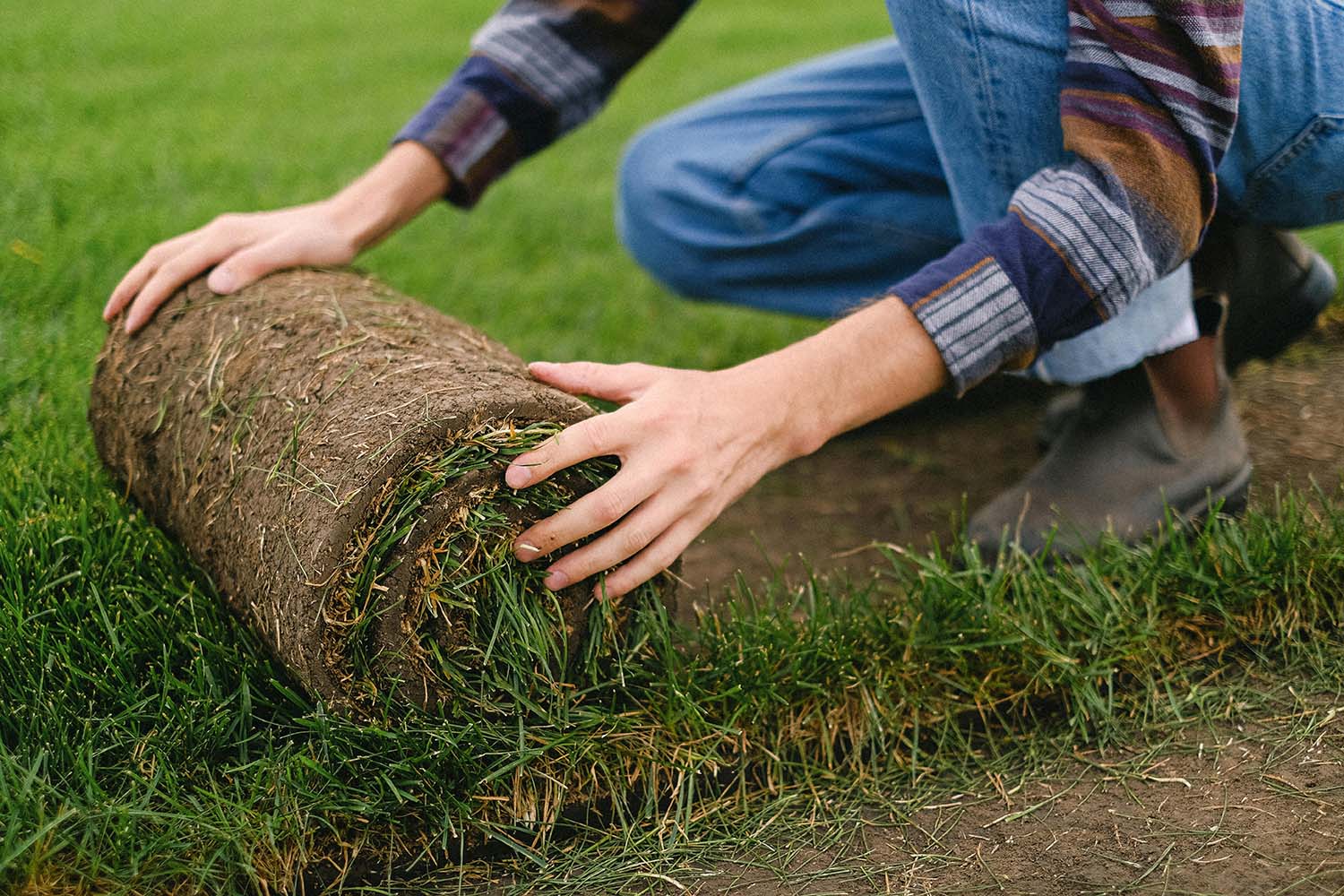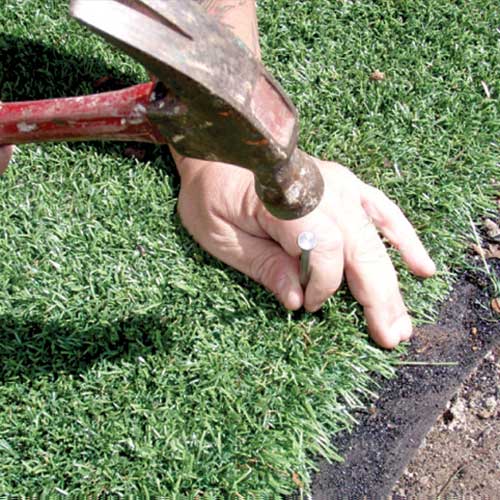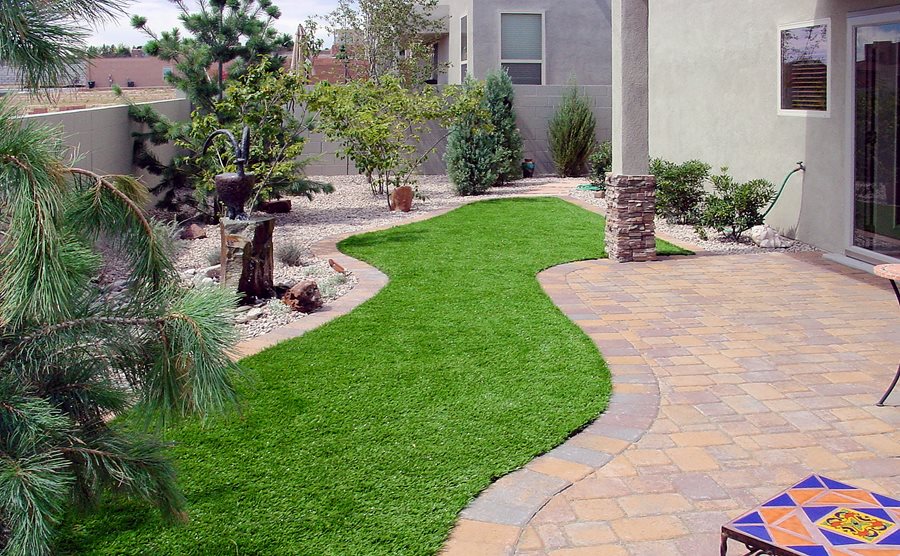Reputable Phoenix Turf Companies Delivering Superior Synthetic Grass Installation
Reputable Phoenix Turf Companies Delivering Superior Synthetic Grass Installation
Blog Article
Delve Into the Environmental Advantages of Opting for Synthetic Grass Solutions
The adoption of synthetic lawn services offers a compelling possibility to address pressing ecological obstacles. By significantly decreasing water use and decreasing the application of unsafe chemicals, these alternatives not just advertise sustainable landscaping yet additionally safeguard neighborhood communities.
Water Conservation Perks
One of one of the most considerable advantages of synthetic grass is its capability to save water. Conventional yard yards call for considerable watering, specifically in locations vulnerable to dry spell or water restrictions. In comparison, man-made lawn does not need watering, dramatically minimizing the general demand for water resources. This attribute is especially valuable in arid areas where water shortage is a pushing issue.
By removing the demand for regular watering, man-made grass contributes to sustainable landscape methods and aids alleviate the environmental impact of too much water consumption. The conservation of water prolongs to the decrease of overflow, which can lead to soil disintegration and river air pollution.
In addition, the installment of synthetic grass enables property owners and communities to allot water resources extra efficiently, focusing on vital usages such as drinking water and agriculture. The shift towards fabricated turf not just advertises accountable water use but also aligns with more comprehensive ecological goals targeted at protecting natural deposits.
As areas significantly prioritize sustainability, the water conservation advantages of synthetic grass offer an engaging instance for its fostering in commercial and residential landscape design jobs.
Reduced Chemical Usage
The change to fabricated turf dramatically lowers the reliance on chemical therapies commonly utilized in natural turf upkeep. Conventional grass monitoring usually entails the application of pesticides, herbicides, and fertilizers to promote development and control bugs. These chemicals can present dangers to human wellness, neighborhood wildlife, and the environment, contributing to soil and water contamination.
In comparison, synthetic grass removes the demand for these harmful materials. By decreasing the release of synthetic substances right into the ecological community, fabricated grass promotes much healthier dirt and water systems.
In addition, the absence of chemical runoff connected with synthetic grass installations helps safeguard local waterways from contamination, sustaining marine life and maintaining biodiversity. Artificial turf companies phoenix. As neighborhoods significantly prioritize sustainable techniques, deciding for synthetic grass presents a practical option that lines up with environmental conservation objectives. Via this change, home owners can appreciate lavish environment-friendly areas without endangering ecological health, leading the way for a much more lasting future
Lower Carbon Footprint

Additionally, the setup of synthetic lawn can result in considerable water conservation. Natural yards call for substantial amounts of water for watering, which not only contributes to the carbon impact associated with water extraction and therapy yet also stress neighborhood water resources. In comparison, synthetic grass needs very little maintenance, calling for no watering, thereby substantially minimizing water use and its linked energy prices.
Furthermore, the long life of artificial grass adds to its decreased carbon influence. With a life-span of up to 15 years or more, the demand for frequent replacements is diminished, resulting in much less waste and lower energy consumption in manufacturing and dealing with traditional turf options. Generally, artificial turf provides a sustainable option for environmentally aware site link landscape design.
Environment Conservation
Environment preservation is an important factor to consider in the dispute over landscaping selections, particularly when contrasting synthetic grass to all-natural grass. All-natural turf yards commonly call for extensive upkeep, consisting of making use of chemicals, fertilizers, and herbicides, which can adversely impact neighborhood communities. These chemicals can leach into the soil and rivers, harming indigenous vegetation and animals and interfering with local environments.
In comparison, artificial lawn provides a possibility to minimize the environmental footprint of landscape design. By selecting artificial yard, home owners can lessen the disturbance of natural environments related to traditional grass care methods. Synthetic grass eliminates the demand for hazardous chemicals, therefore safeguarding neighboring wildlife over at this website and keeping the stability of bordering communities. In addition, the installation of fabricated turf can cause the conversion of previous lawn areas into even more biodiverse landscapes, such as pollinator yards or indigenous plant areas, which can sustain regional wild animals.
Ultimately, the transition to synthetic grass not just preserves water and lowers maintenance efforts however also fosters a more harmonious partnership between human tasks and the natural atmosphere, advertising environment conservation at the same time.
Long-Term Sustainability
Long-lasting sustainability is a crucial aspect in reviewing the advantages of synthetic grass over conventional turf lawns. One of the most significant advantages of synthetic grass is its longevity; it can last approximately 15-20 years with very little maintenance, whereas natural lawn needs regular reseeding and substitute. This longevity lowers the demand for constant resources, such as water, fertilizers, and chemicals, which are essential for preserving a healthy yard yard.
Additionally, fabricated turf contributes to a decrease in carbon exhausts associated with lawn treatment equipment. Conventional lawns usually need gas-powered mowers, leaners, and blowers, every one of which add to air contamination. Artificial turf companies phoenix. In contrast, artificial grass removes the demand for such tools, advertising a cleaner environment
Moreover, the manufacturing of synthetic grass progressively uses recycled materials, improving its sustainability profile. As suppliers embrace environment-friendly practices, the environmental footprint of synthetic grass continues to diminish.

Conclusion
The adoption of synthetic grass services provides substantial ecological advantages, including significant water preservation, decreased dependence on harmful chemicals, and a reduced carbon footprint. Artificial turf aids in protecting natural habitats by reducing land disturbance and promoting long-lasting sustainability through the usage of sturdy products. Jointly, these elements emphasize the capacity of man-made lawn to add favorably to ecological health and provide a practical alternative to traditional landscaping practices in a progressively resource-conscious globe.
In contrast, fabricated grass does not require watering, considerably lowering the total need for water sources. By lessening the release of synthetic compounds right into the ecosystem, man-made grass advertises much healthier dirt and water systems.
In addition, the installment of synthetic lawn can result in significant water conservation. In comparison, artificial turf requires very little upkeep, needing no watering, thus substantially lowering water usage and its associated power expenses.

Report this page